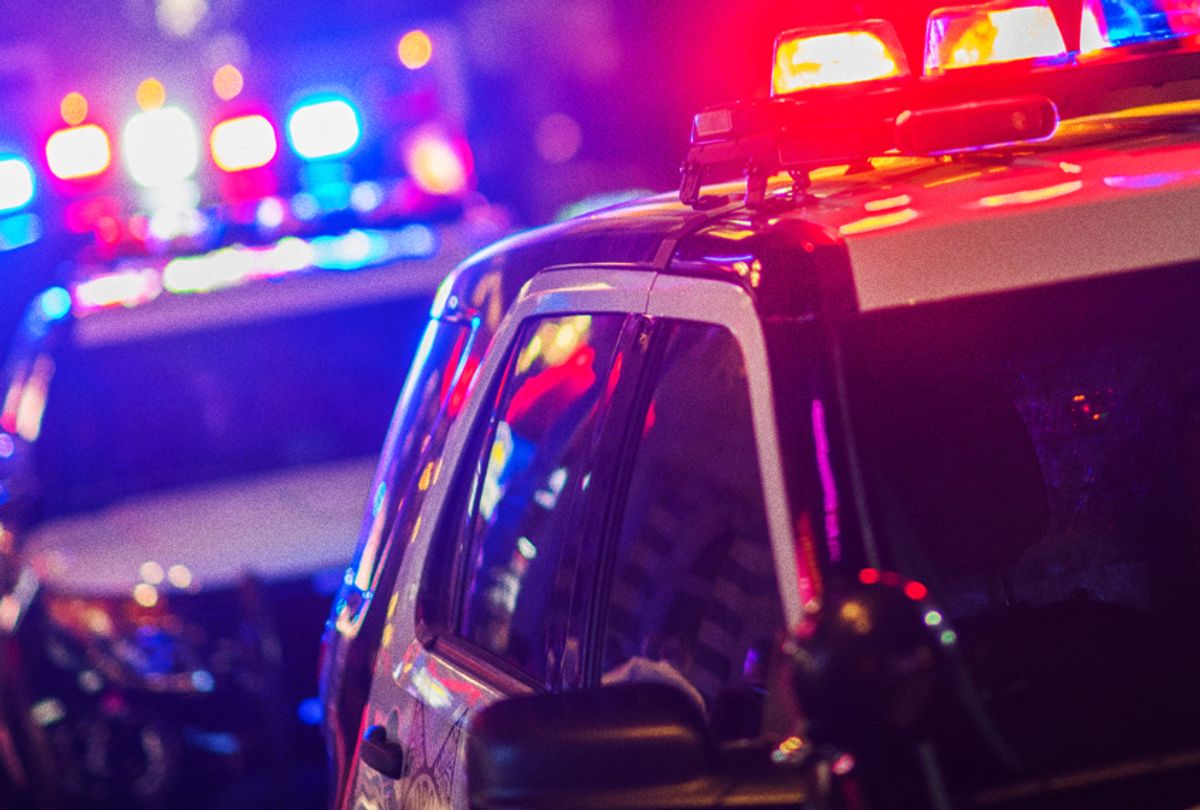Florida's “stand your ground” law is under scrutiny after the deadly shooting of Markeis McGlockton in a parking lot outside of Circle A Food Store in Clearwater.
According to Sheriff’s detectives, McGlockton’s girlfriend Britany Jacobs parked in the handicapped-accessible spot of the parking lot without a handicap permit. A man named Michael Drejka approached Jacobs while McGlockton and the couple’s 5-year-old son were in the store. Jacobs and Drejka got into a heated argument and witnesses told police that when McGlockton left the store he “forcibly pushed” Drejka, CNN reports.
Pinellas County Sheriff, Bob Gualtieri said in the Friday press conference that the push was “violent,” causing Drejka to pull out his concealed handgun and shoot McGlockton, who later died from the injuries in the hospital.
In the state of Florida, an American citizen over the age of 21 is allowed to carry a concealed weapon with a valid license. The “stand your ground law” was adopted by the state in 2005, and the law states a defendant can “stand their ground” and use force in order to protect or defend themselves if they are in fear for their life. This past year, Florida changed the law, and now the defendant or shooter no longer needs to prove they were in fear for their life. Instead, the state attorney must provide evidence that the shooter is not entitled to “stand your ground” immunities, CNN reports.
In this particular case, the state is in the difficult position of proving that Drejka was not in fear of his life, and evidence for an individual’s emotional state is often highly inconclusive.
"Nowhere else is there anything like this in criminal law where somebody asserts something and the burden then shifts to the other person," Gualtieri said. "That's a very heavy standard and it puts the burden on the state."
Gualtieri said the case will go to the state attorney and, "Drejka will not be charged, will not be arrested by us . . . either (the state attorney) will concur or not and if he concurs, there will be no arrest."
This past year has seen some victories for gun-rights supporters and lobbyists when the House of Representatives passed a bill that requires each state to recognize permits for concealed handguns in other states. It allows for legal gun owners to easily travel across state lines and would force states with stricter gun measures to honor out-of-state permits from states with lax gun requirements.
Activists claim the law grants residents the same impunity it grants police. According to The New York Times, the law was widely criticized in 2012 when police in Sanford, Fla. cited it as the reason they did not arrest the killer of an unarmed black teenager, Trayvon Martin. The law makes it too easy for defendants to claim self-defense as an excuse for excessive violence and is a law that disproportionately affects the African-American community. In Florida, between the years 2008 and 2016, 3 out of 100,000 white men died each year from homicide compared to 27 out of 100,000 black men each year.
Often police officers use the law as a means to cover-up excessive use of force, which can be racially charged -- a topic that has been covered by Lawrence O’Donnell since 1983 with his book “Deadly Force.”
“Any department that could get away with covering this stuff up, still does,” O’Donnell told Salon. “The human inclination for police culture is to always cover this stuff up and protect the police officer.” As O’Donnell highlights, there is a language police officers use to try and prove their innocence in these cases, “They create this idea that police officers are under extreme threat and therefore they had a right to shoot.”
But O’Donnell also indicates that a positive advancement in the use of video and dash-cams, which now document police shootings, can invalidate their claims of self-defense. A video of McGlockton's shooting can be seen, and while it shows Drejka pushed to the ground, his "self-defense" claims are questionable given the situation.
For now, Drejka will not face charges, but Clearwater Police Chief Dan Slaughter said, after attending a vigil on Sunday night for McGlockton, that Florida’s “stand your ground” law needs “significant improvements.”



Shares